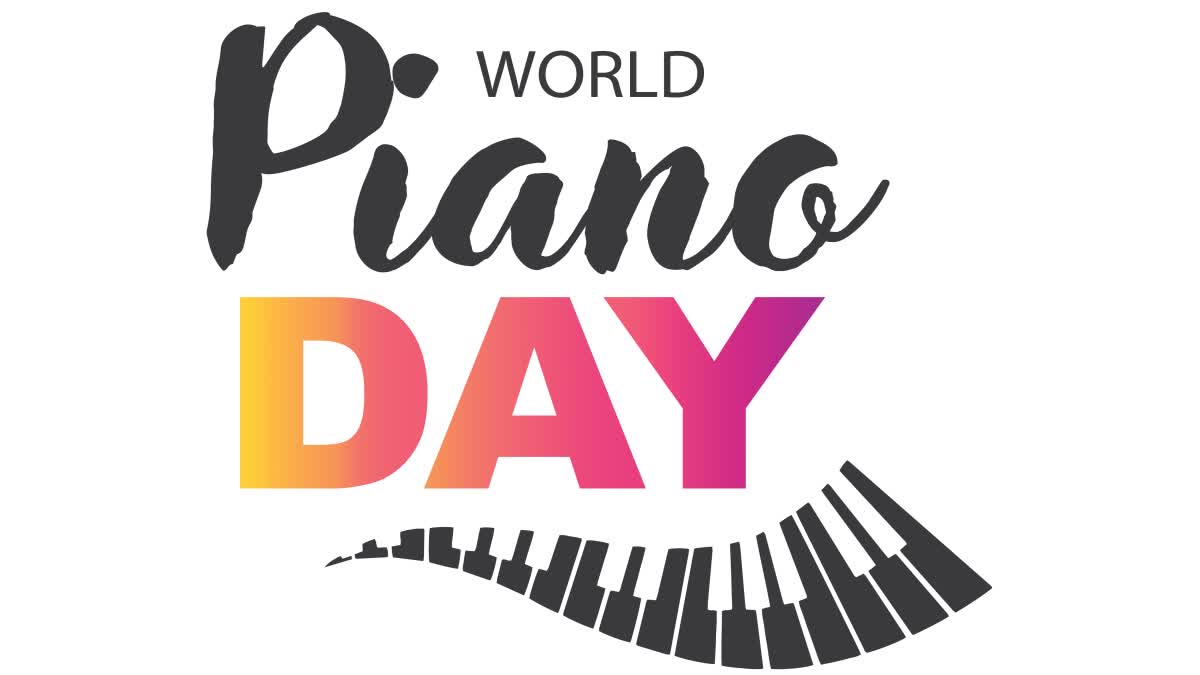Hyderabad: World Piano Day, observed on February 29 across the globe, emphasises to provide a platform for piano-related initiatives that will advance musical innovation and spread the joy of playing the piano. The day, dedicated to the 88 keys of the standard piano, falls on either March 28 or 29, depending on the leap-year scenario. It marks the 88th day of the year, paying homage to legendary pianists and influential composers.
History of World Piano Day
The invention of the piano is credited to Bartolomeo Cristofori of Italy in 1700. Initially dubbed as 'clavicembalo col piano e forte' (an instrument capable of producing soft and loud sounds), it was later simplified to 'piano'. The concept of World Piano Day originated from German pianist and composer Nils Frahm in 2015. Frahm's idea quickly gained momentum, and World Piano Day has since become an annual event celebrated by music lovers and pianists around the world.
Significance of World Piano Day
Christian Henson of Spitfire Audio launched a website and YouTube channel named Pianobook in 2018, which was dedicated to creating and sharing sampled instruments for free. According to Frahm, the significance of the day is mainly to celebrate the piano and everything related to it, including performers, composers, piano builders, tuners, movers, and most importantly, the listeners.
Piano in India
The introduction of the piano to India dates back to the 18th century when the British East India Company brought it alongside other Western instruments. Initially utilised for British entertainment, pianos soon captivated the Indian elite with their mesmerising sounds and musical styles.
The first piano factory in India was established in Calcutta (now Kolkata) in the early 20th century. The company, called R. S. Howard, produced high-quality pianos that were popular among the Indian aristocracy. Many of these pianos are still in use today and are highly sought after by collectors.
Piano in Bollywood
The piano has left an indelible mark on film music in Bollywood, prominently featured in numerous songs to infuse a Western flavour. The piano has been featured in classics like "Kabhi Kabhi Mere Dil Mein" from the 1976 film Kabhi Kabhi, composed by Khayyam and sung by Mukesh, to contemporary hits like "Tujh Mein Rab Dikhta Hai" from the 2008 film Rab Ne Bana Di Jodi and "Kuch Kuch Hota Hai" from the 1998 film of the same name, the piano continues to enchant audiences and enrich Bollywood's musical landscape.



